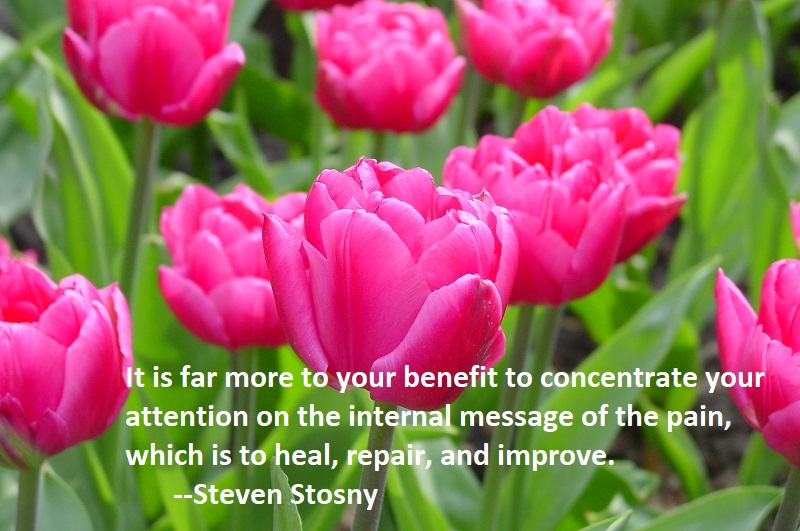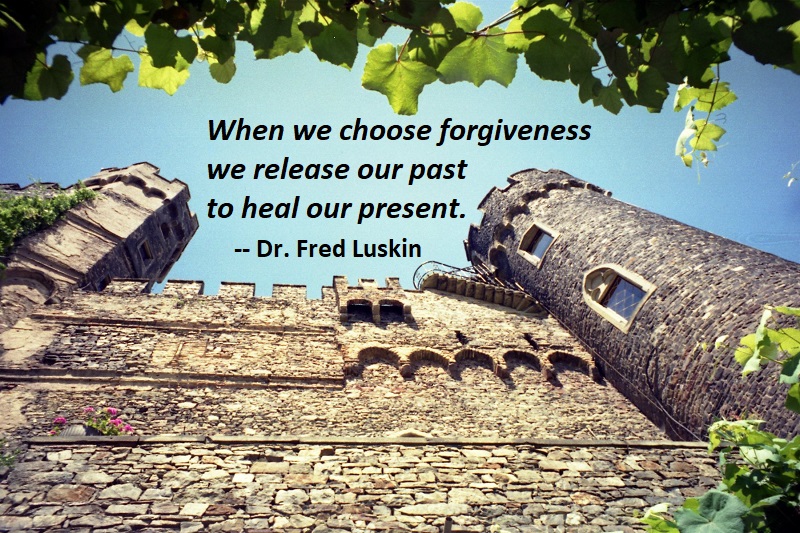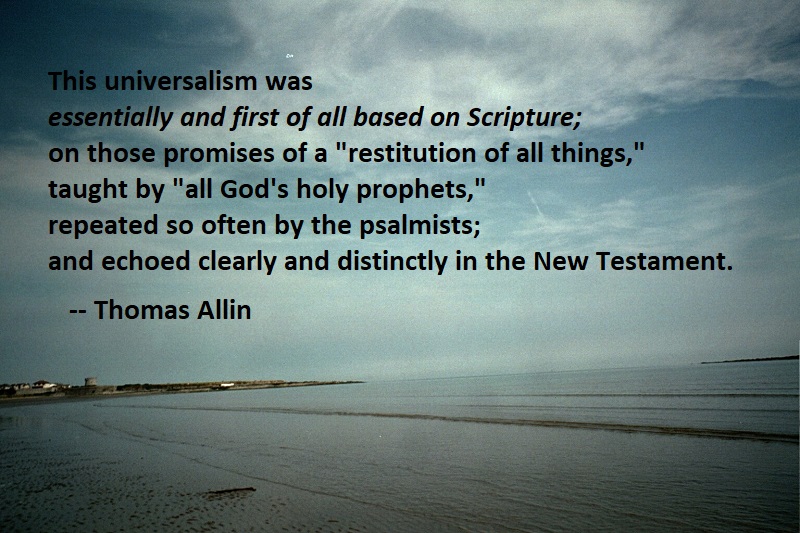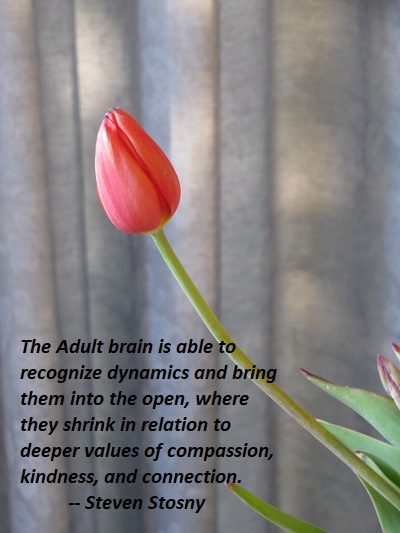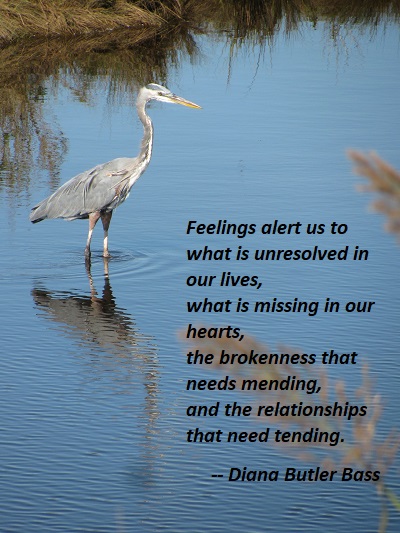The Message of Pain
When clients are referred to me because they’ve gotten stuck in the thorny aftermath of intimate betrayal, they are invariably preoccupied with why their partners did it to them — or worse, what they might have done to make their partners betray them. That breaks my heart. Not only does focus on the betrayer’s motivations distract from healing but speculation about a partner’s motives is utterly fruitless. We can never know why someone betrays an intimate bond.
For example, suppose you decide, as most of my clients do at some point, that your partner lied, cheated, or abused you because she was depressed, anxious, deluded, or stressed out, or because she drank too much, exercised too little, or experienced any of a multitude of possible contributing factors. The fact is, most people with those experiences do not betray their loved ones. At best, speculation about your partner’s motives may yield possible preconditions for the betrayal, but you’ll never accurately identify why your partner chose to betray you.
Rather than speculating about what might have caused your partner to inflict this pain, it is far more to your benefit to concentrate your attention on the internal message of the pain, which is to heal, repair, and improve.
— Steven Stosny, Living and Loving After Betrayal, p. 24
[Photo: Keukenhof, Holland, April 17, 2004]
